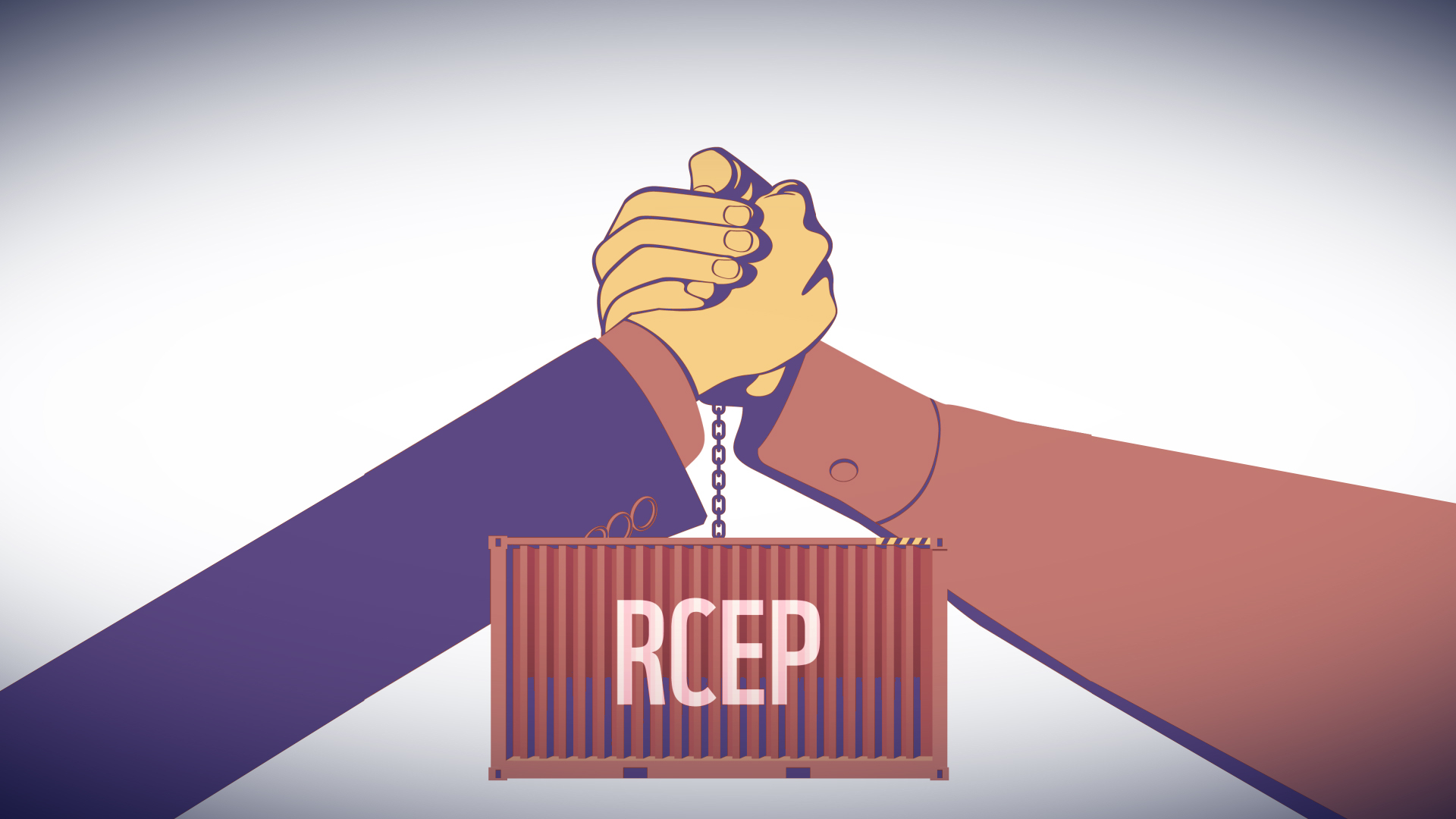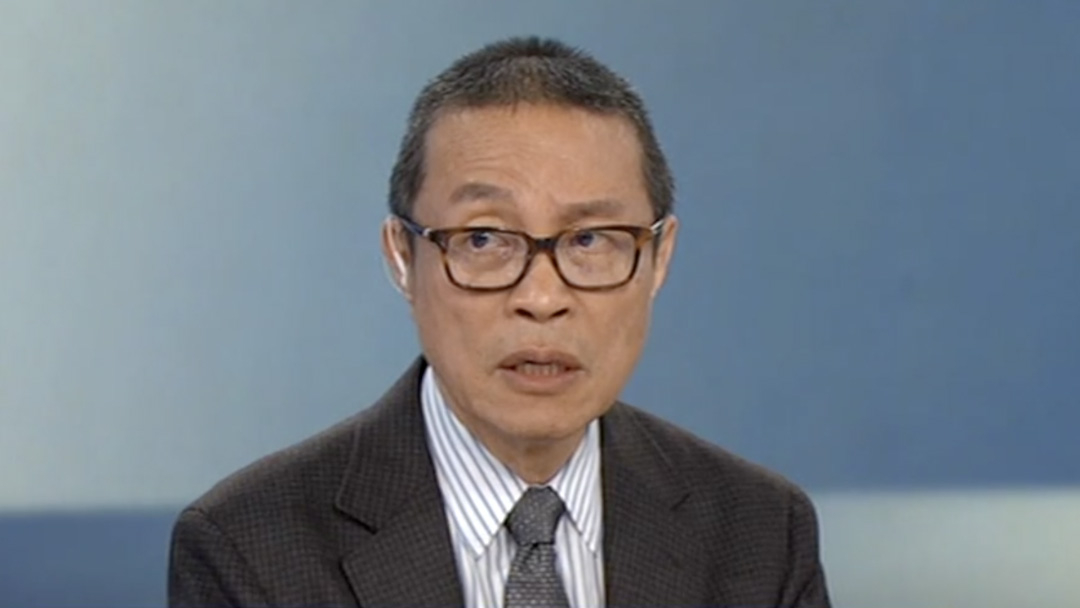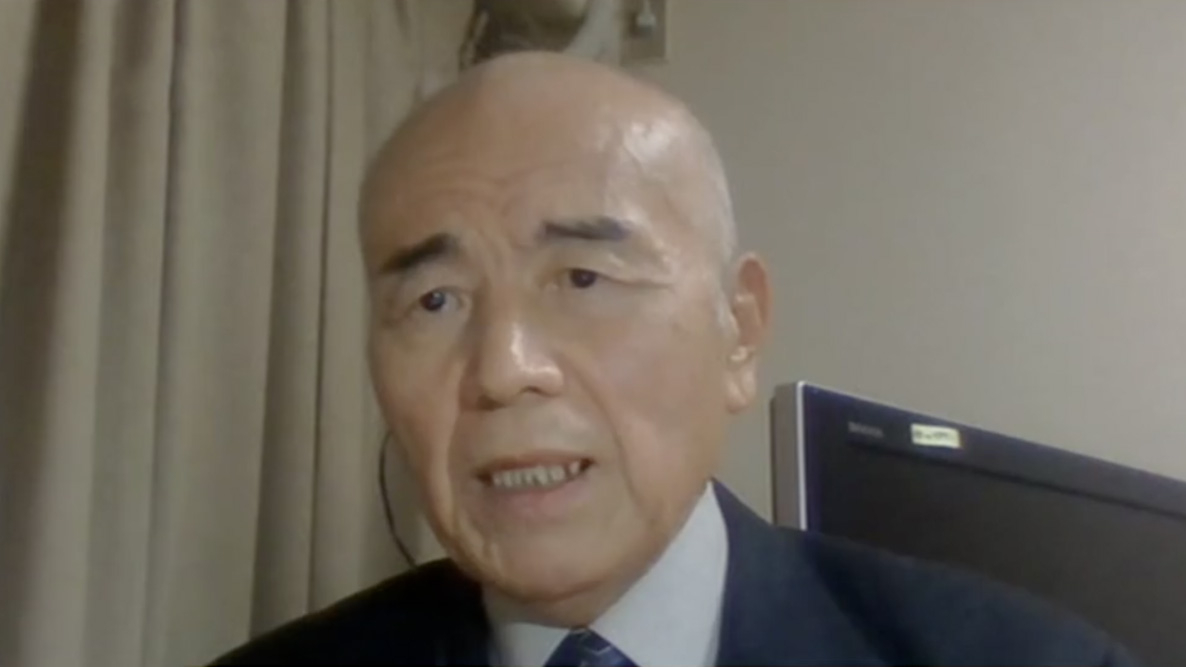01:26

The Regional Comprehensive Economic Partnership (RCEP) scored a breakthrough after seven years of negotiations among its 10 ASEAN member states and five FTA partners. Despite India's withdrawal, it will be the world's largest free-trade agreement given the combined GDP of potential RCEP members.
Is it possible for India to rejoin?
Atul Aneja, an associate editor of the Hindu, said there was severe domestic pressure on Indian Prime Minister Narendra Modi's government to sign a deal as most of the opposition parties had joined hands against the Modi administration and even within the Bharatiya Janata Party (BJP), the trade union objected to it.
Aneja said India's economy was not in a great shape and both its farming and manufacturing sectors were facing a huge pressure from New Zealand and Australia, especially given the competition in the manufacturing of dairy products.
01:36

Charles Liu, founder of Hao Capital, said that India's situation was quite complicated as there were many different forces at play and there was not a cohesive strategic plan for its development.
According to Liu, for India, inclusion in RCEP means participating in the biggest consumer market as well as the most modern, sophisticated and low-cost supply chain in the world.
"If India can catch this ride, it would accelerate India's modernization development quite significantly. And if they don't, then what we have is China, Japan, [South] Korea and ASEAN countries advancing further in building a supply chain, value chain, and economics, which makes it more difficult for anybody else to catch up or to participate in the future," said Liu.
01:07

Shinzo Abe's calculation for RECP
Meanwhile, Tan Khee Giap, co-director of Asia Competitiveness Institute of the National University of Singapore, said that it was wise for Japanese Prime Minister Shinzo Abe, both politically and economically, to join RCEP, as Japan has to support RCEP after the U.S. withdrawal from CPTPP. This would help Japan and South Korea to solve their trade spat as well, he added.
Furthermore, Takesato Watanabe, professor Emeritus at Doshisha University, said it was hard for the Japanese prime minister and his cabinet to completely follow the U.S. as Abe was encountering difficulties in managing the Japanese politics and the U.S. president was doing everything he could to secure the next election.
Dialogue With Yang Rui is a prime time daily English talk show on CGTN. The 30-minute talk show covers a wide range of domestic and international topics, providing a balanced and critical perspective on current affairs and analysis within the framework of cross-cultural and multi-disciplinary comparisons.
Schedule: Monday-Sunday
Time (GMT): 0330, 1130, 1930
(If you want to contribute and have specific expertise, please contact us at opinions@cgtn.com.)